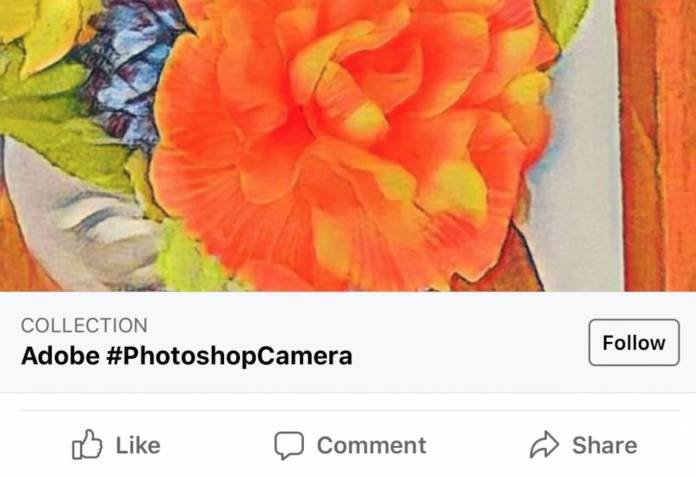
When you come across links on Facebook that you want to read later on or you want to save for future purposes, the Saved button is your best friend. Eventually, they let you organize these items into collections but it was mostly for your own personal use and later on, to share with selected friends. But now it looks like they’re testing out a more public way of sharing these collections in case you want to share it in public or you want people to follow your collection.
Tech Crunch shares that Facebook is currently testing a new feature in the U.S. market that will let users share their Collections with friends, other contributors, and even publicly with anyone who wants to follow the saved items. Back in 2018, they let you share a collection with specific Facebook friends if you wanted to share a holiday wish list or if you’re planning an event and you needed to share pegs and inspirations.
This new thing that they’re testing out seems to be different and more user friendly. Under the title of your collection, you will see a share button. Well if you’re part of the test group of course. You have the option to share it with contributors only (those you invited to see and add to your collection), Facebook friends, and Public or anyone who is on or off Facebook. You still have the option to set it to Only Me, which is still the default privacy setting.
New – .@facebook shared #facebookcollections. Can share links, photos, posts, etc., which can be ‘followed’. #curatedcontent pic.twitter.com/Oah4eXW9dz
— whimchic (@whimchic) June 13, 2020
Facebook says those who are able to use the test feature have shared things like receipts, educational articles, health and wellness posts, and COVID-19 information, which are the most popular things to share now during this pandemic. While some may see this as another way to compete with Pinterest, it looks like Facebook’s goal is more about keeping you within its ecosystem and not going to other platforms to organize and share your saved items.
The feature has been rolling out over the past few months to selected users in the U.S. They have not shared when a wider rollout will happen and if it will be available in other countries as well.









